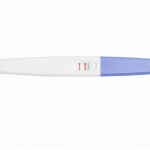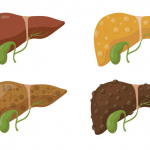It can be frustrating to impossible to know what we are getting on our plates when we eat out. Butter or oil is often applied to the healthiest sounding salmon fillet to make it glisten; mysteriously delicious dressings are poured over our salads; breads are drenched in melted cheese or pesto… the calories can add up quickly and sabotage the most enthusiastic attempts at healthy eating. Eagerly anticipated regulations expected to be implemented by the American FDA by years’ end will provide a big step in the right direction: calorie counts on menus will make it much easier to keep track of the calorie currency of eating out.
A version of the anticipated FDA rules, which are expected to require posting of calorie content on menus for any restaurant chain with 20 or more stores, is already in place in some areas of the US, including New York City and parts of California. What is really impressive about bringing these restaurant chains to task on their calorie counts, is that it has already forced many of them to take a long, hard look at what they are actually serving to customers. As nicely outlined in an LA Times article, several restaurants have become seemingly quite embarrassed to post their astronomical calorie totals for some food products, and as a solution, they are creating new, healthier alternatives to add to their food repertoire. I noticed myself in several Canadian Starbucks locations, there are now mini-cupcake snacks with calorie counts listed (around 190 cal)… though I noticed also that the calorie counts on the regular size are still sorely lacking (though available online – check out the double chocolate brownie, which weighs in at 410 cal!)
Though this is a great step in the right direction, much more needs to be done. All restaurants should be responsible for making nutritional information readily available on their menus, and these rules clearly need to be disseminated outside of American borders as well. In the meantime, the only way to ensure that your weight loss efforts are not being sabotaged is to follow the principle of: If you don’t know what’s in it, don’t eat it.
Thanks to the Canadian Obesity Network for the heads’ up on the LA Times article.
Dr Sue Pedersen www.drsue.ca © 2011 drsuetalks@gmail.com
Follow me on Twitter for daily tips! @drsuepedersen












